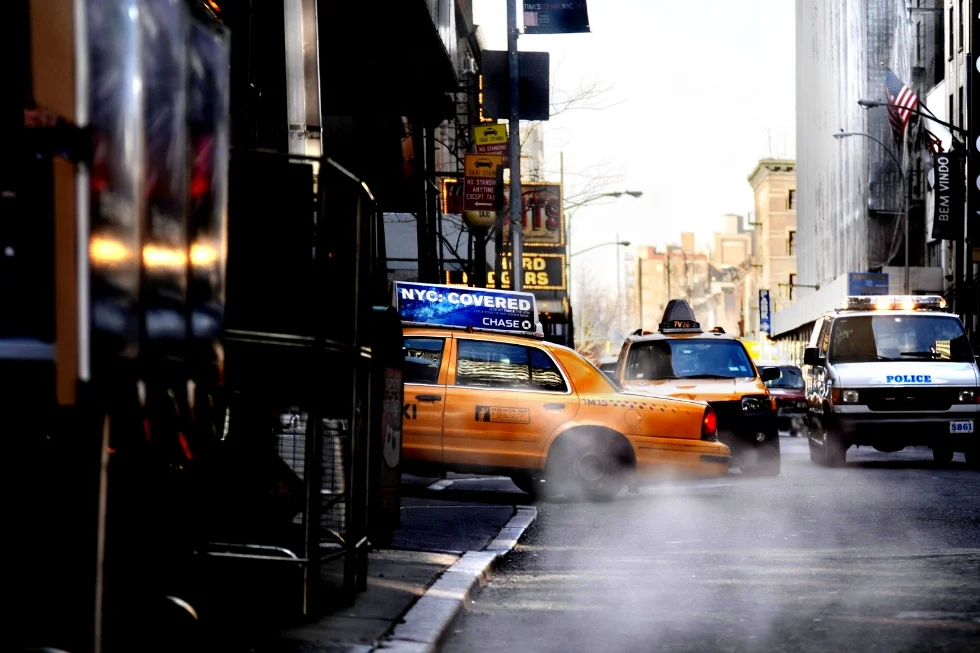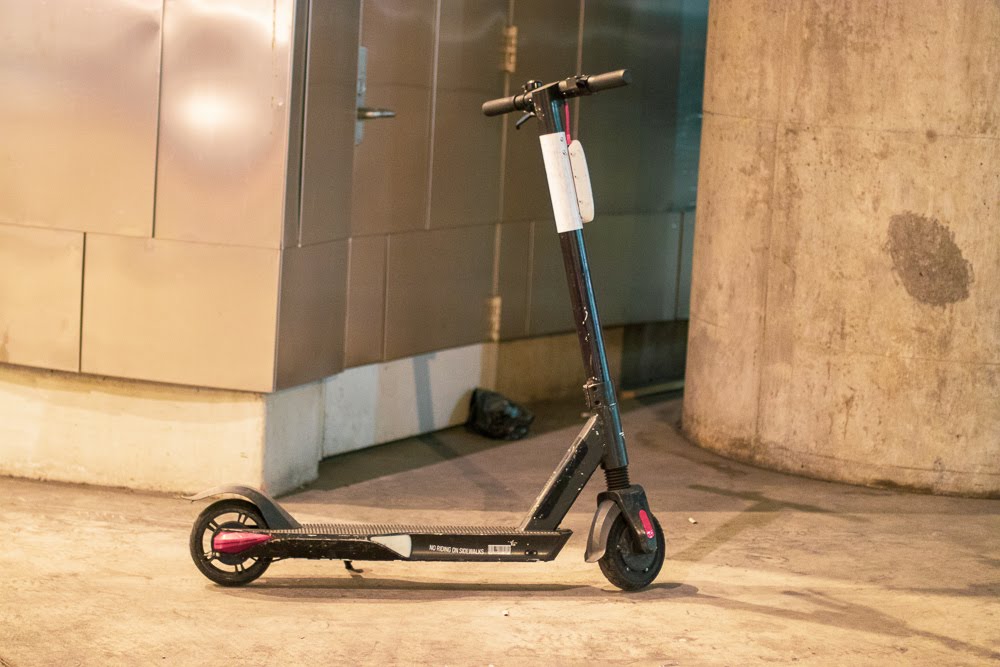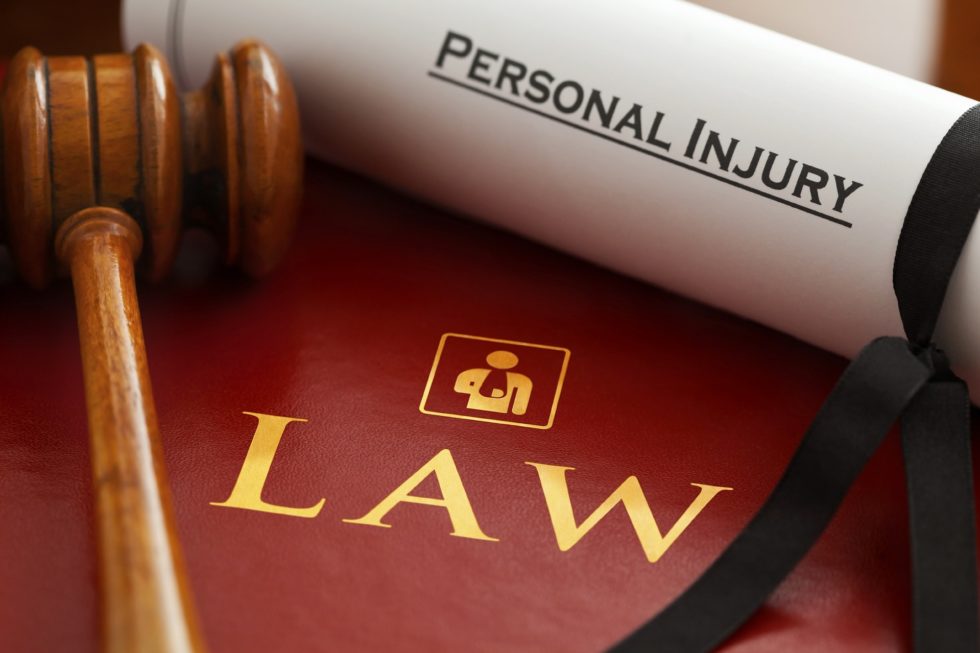Getting hurt in a rideshare accident can be extremely disorienting. It can throw you for a loop in ways you don’t expect. In the aftermath, you assume things will be straightforward because you weren’t driving and all the blame should be directed toward the driver working for Uber. You also assume someone’s insurance will take care of it. But you soon learn that determining fault and securing compensation can be a complicated process.
Expectations vs. Reality: Who’s Actually Liable and Why It’s Rarely Obvious
Most people assume that if they’re injured while riding in an Uber or Lyft, the company’s insurance will take care of everything. It sounds logical, especially since you were a paying passenger. But what if your rideshare driver wasn’t at fault? What if another driver ran a red light? What if multiple cars were involved?
In New York, determining who’s legally responsible (and which insurance policy is on the hook) depends on several factors. There are also multiple layers of insurance at play, including:
- The rideshare driver’s personal auto insurance
- Uber’s or Lyft’s commercial policy (which may or may not apply depending on the driver’s app status)
- The at-fault driver’s liability coverage
- Your own personal injury protection (PIP) under New York’s no-fault laws
The coverage you’re entitled to, and how much, can vary dramatically depending on the specifics of the crash. And when multiple insurance companies get involved, the back-and-forth can delay claims and reduce payouts.
Common Misconceptions That Can Hurt Your Claim
Most rideshare passengers have no idea how complicated these cases can get. And unfortunately, what you don’t know can come back to bite you. Here are some of the most common misconceptions that can hurt your ability to recover compensation:
“Uber or Lyft will cover everything automatically.”
Not always. These companies carry liability coverage, but it only kicks in under specific conditions, and only after other policies (like the driver’s personal insurance) are considered.
“They’ll handle it, so I don’t need to do anything.”
Wrong. You are a key witness and a party to the accident. Failing to act quickly — by reporting the incident, documenting injuries, or seeking medical care — can weaken your claim.
“It’s nothing serious, just soreness.”
Many injuries, especially whiplash, concussions, or back issues, don’t show symptoms immediately. Waiting to seek medical attention gives insurers ammunition to claim you weren’t really hurt.
“I don’t need a lawyer because it wasn’t a bad accident.”
Even minor collisions can lead to long-term complications. Plus, determining liability in rideshare cases often requires sifting through confusing insurance arrangements and driver records. A rideshare accident lawyer in New York City isn’t just for “big” crashes; we’re here to protect you when things get complicated.
“The at-fault driver wasn’t my rideshare driver, so I can’t recover.”
Actually, you can. If the other driver caused the crash, their insurance (or yours, under certain policies) may still be responsible for your damages. Don’t be quick to assume you’re out of options.
“Filing a claim is swift.”
In theory, maybe. In reality, when multiple insurance companies are involved — all trying to minimize their own liability — things get slow and frustrating. Delays, denials, and lowball settlement offers are common.
These misconceptions cost people real money and in some cases, their only chance to get help with medical bills, lost wages, and recovery support.
What a Lawyer Really Wants You to Do After a Rideshare Accident
If you’ve been in a rideshare accident, here’s what we recommend as personal injury lawyers:
- Call 911 and report the accident even if you think it’s minor.
- Collect information including the driver’s name, vehicle details, witness names, and screenshots of the rideshare trip.
- Photograph the scene, specifically the vehicle damage, license plates, road conditions, and any visible injuries.
- Get medical attention ASAP. Even a quick ER or urgent care visit can create the medical record you’ll need later.
- Avoid talking to insurers without guidance. They may ask questions designed to downplay your injuries.
Most importantly, speak with a lawyer before signing anything. One consultation can prevent a costly mistake, especially when you’re facing delayed symptoms, unclear fault, or multiple claims.
Let a New York Personal Injury Lawyer Protect You
Rideshare accidents introduce a whole new level of complexity, from confusing insurance rules to finger-pointing over fault. And if you’re injured, the last thing you need is to navigate it alone.
At Keith D. Silverstein & Associates, we’ve helped injured passengers, drivers, and pedestrians across New York recover what they’re owed after serious rideshare accidents. Whether the fault is clear or murky, we’re here to help you make sense of your next steps and fight for every dollar you deserve.Hurt in a rideshare accident? Talk to our team to get the help you deserve.




